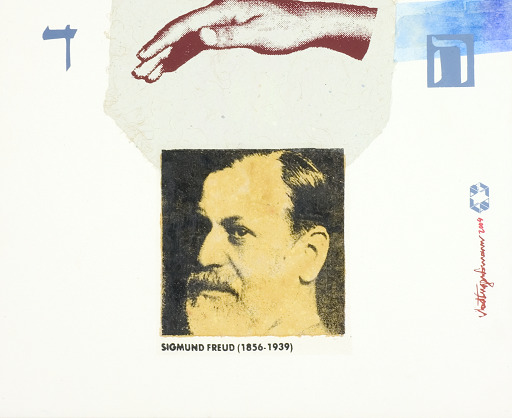The feast of Tu Bishvat
A reflection between Judaism and the environment
DOI:
https://doi.org/10.35699/1982-3053.2024.51652Keywords:
Festa of Tu Bishvat, Meio ambiente, Crise contemporâneaAbstract
This article portrays the uniqueness of the feast of Tu Bishvat, contained in the Jewish calendar, and its relationship with the environment, especially in relation to current environmental crises. Within this perspective, we present several aspects that question our historical human condition in relation to nature, as well as presenting distinctive and solemn aspects that demonstrate that the Jewish tradition understood the relationship with the environment differently differentiating itself from other peoples of the fertile crescent and as a minority knew how to resist the religious contrasts of pantheism and polytheism with its own festive calendar and rituals that reveal a deep harmony with all of nature and which were preserved by the wise men of Israel throughout the millennia.
Downloads
References
BERSNTEIN, Ellen. The Splendor of Creation: biblical ecology. The Pilgrim Press, Cleveland, Ohio, 2005
BERNSTEIN, Ellen. The Bible´s Ecological Language. In: The Peoplehood Papers 28. The Climate Crisis & The Jewish People: From “Why” to “What and How...”, December 2020, MarCheshvan 5780.
BÍBLIA. Bíblia Sagrada Nova Almeida Atualizada. Tradução João Ferreira de Almeida. 2017. Sociedade Bíblica do Brasil. Bíblia Almeida versão online. Disponível em < https://www.bibliaonline.com.br/>.
BONDER, Nilton. Palestra: Palavras de Deus em palavras humanas. Disponível em < https://www.youtube.com/watch?v=PiymtDdIl4w>. Acesso em 07 de janeiro de 2024.
CARSON, Rachel. Primavera Silenciosa: traduzido por Claudia Sant´Anna Martins, 1ª ed. São Paulo: Gaia, 2010.
CHWARTS, Suzana. Rimonim somos. In: Estudos interdisciplinares da bíblia hebraica. Lucas Merlo Nascimento, Suzana Chwarts. São Paulo: Editora Recriar, 2022.
HESCHEL, Abraham Joshua. Escritos Essenciais: tradução Andréa Kogan – São Paulo, SP: Comunidade Shalom Sinagoga Masorti de São Paulo, 2023.
HESCHEL, Abraham Joshua. O homem à procura de Deus; tradução de Euclides Carneiro da Silva. São Paulo, Ed. Paulinas, 1974.
HESCHEL, Abraham Joshua. O homem não está só; traduziu e anotou Edwino Aloysius Royer. São Paulo, Ed. Paulinas, 1974.
HILLEL, Daniel. The Natural History of the Bible: Na Environmental Exploration of the Hebrew Scriptures. Columbia University Press; First Edition, USA, 2005.
JR, Lynn White. The Historical Roots of Our Ecologic Crisis, Science Magazine, 10 March, Volume 155, Number 3767. Disponível em <https://www.science.org/doi/10.1126/science.155.3767.1203>. Acesso em 05 de janeiro de 2024.
ORESKES, Naomi. CONWAY, Erik. The Collapse of Western Civilization: A view from the future. Columbia University Press, 2014.
Downloads
Published
How to Cite
Issue
Section
License
Copyright (c) 2024 Arquivo Maaravi: Revista Digital de Estudos Judaicos da UFMG

This work is licensed under a Creative Commons Attribution 4.0 International License.
Os direitos autorais pertencem exclusivamente aos autores. Os direitos de licenciamento utilizados pelo periódico é a licença Creative Commons Attribution 4.0 (CC BY 4.0): são permitidos o compartilhamento (cópia e distribuição do material em qualquer meio ou formato) e adaptação (remix, transformação e criação de material a partir do conteúdo assim licenciado para quaisquer fins, inclusive comerciais.






